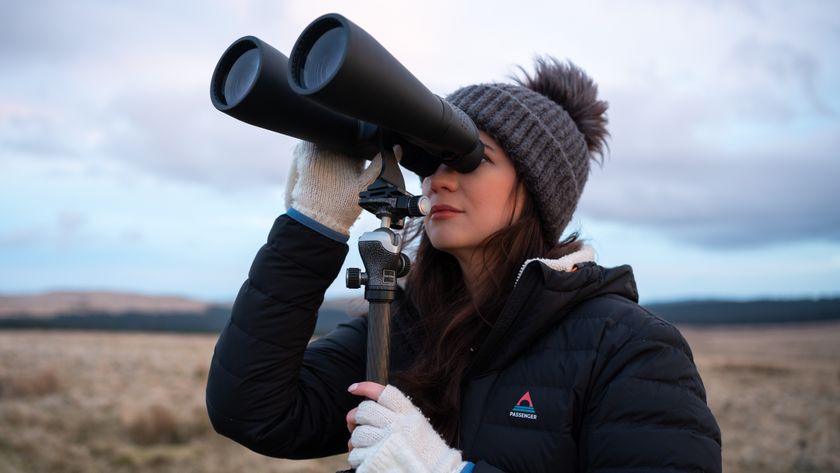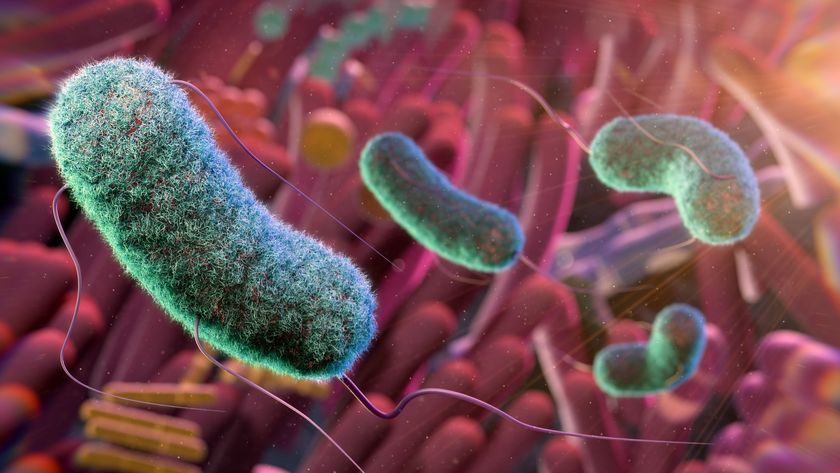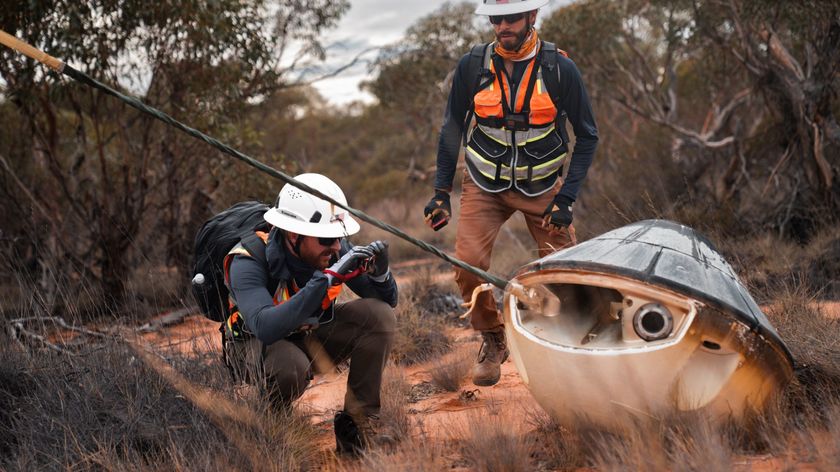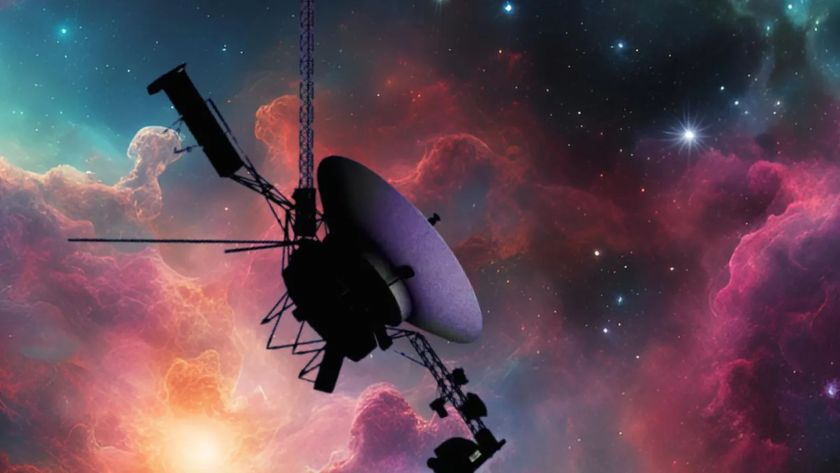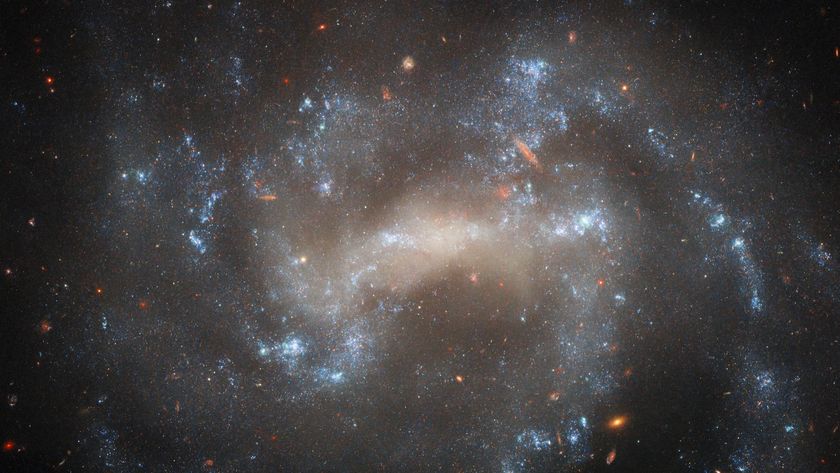US birth rate plunged in 2020
But pandemic probably didn't play a role.
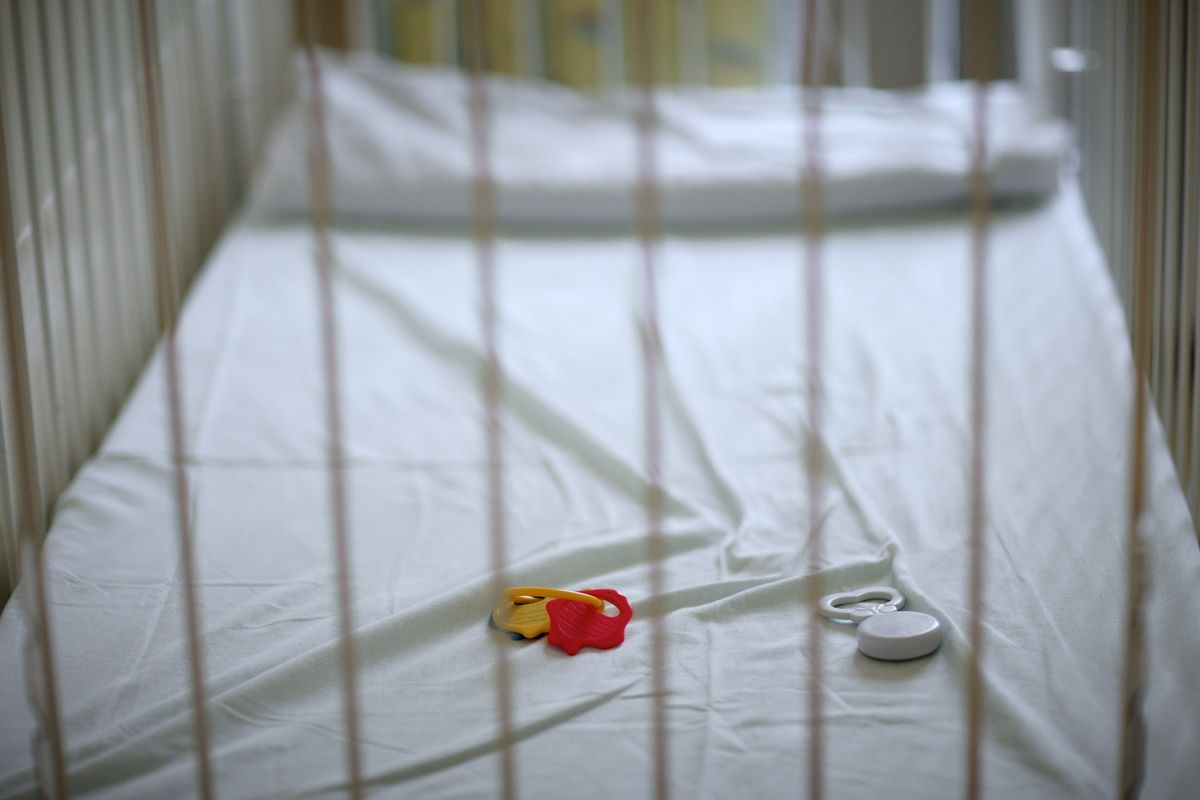
The U.S. birth rate fell steeply in 2020, reaching a record low for the sixth year in a row, according to a new report.
Last year, there were 55.8 births per 1,000 U.S. women ages 15 to 44, which is 4% lower than the rate in 2019, and the lowest recorded rate since the government started tracking birth rates in 1909, according to the report from the National Center for Health Statistics, which is part of the Centers for Disease Control and Prevention (CDC).
Overall, about 3.6 million babies were born in 2020, which is a 4% drop from the number born in 2019, and the lowest number of births in the U.S. in more than 40 years, the report said.
U.S. births have been declining since 2014, with the birth rate and number of births dropping by an average of 2% per year. This means that the 4% decline in both the birth rate and number of births in 2020 was higher than what has been typically seen in recent years.
Even though the COVID-19 pandemic defined 2020, it likely didn't play much of a role in the year's decline in births, experts say.
"It's really unlikely that [the pandemic] had a huge effect in 2020" on births, said Karen Guzzo, acting director of the Center for Family & Demographic Research at Bowling Green State University in Ohio, who wasn't involved in the report. That's because most pregnancies last nine months, so many babies born in 2020 were conceived in 2019, Guzzo noted. And the pandemic largely didn't hit the U.S. until March 2020, meaning the earliest you might expect to see any effect on births would be December 2020, she said. In other words, if the pandemic did have an effect on births, it mostly wouldn't show up until 2021.
Related: Having a baby: stages of pregnancy
Sign up for the Live Science daily newsletter now
Get the world’s most fascinating discoveries delivered straight to your inbox.
That means that other things going on in 2019 and early 2020 likely had a bigger effect on the birth rate, Guzzo said. During that time, leading up to an election year, the country was highly polarized and many expressed concern about the direction of the country, she said. Other ongoing factors, such as job stability and paying off student loan debt may have also played a role.
Effect on preterm births?
Although the COVID-19 pandemic likely didn't affect 2020 births overall, researchers are looking at whether pandemic lockdowns may have influenced another important pregnancy outcome: preterm births. Surprisingly, the new report and other recent studies have found that the pandemic was tied to a reduction in preterm births, or births before 37 weeks of gestation. According to the new report, the U.S. preterm birth rate dipped slightly, from 10.23% in 2019 to 10.09% in 2020, marking the first time preterm birth rates have fallen since 2014.
Researchers have proposed several hypotheses to explain the link. For example, pandemic lockdowns forced many people to work from home, which may have led to a reduction in physical stress for pregnant women, particularly if they had jobs that required them to be on their feet all day. "Maybe this gave them a chance to slow down" and not have such a physically taxing pregnancy, Guzzo told Live Science.
However, more research is needed to determine whether pandemic-related factors really were behind the drop in preterm births, or whether other factors may have played a role, such as a rise in stillbirths, which some studies have suggested, according to Medpage Today.
Future outlook
Guzzo thinks the downward trend in overall births will continue. "[It] will probably be even more sizable next year," when the effects of the pandemic could come into play.
Still, the pandemic sparked some important conversations about the need for childcare and family leave for American parents, Guzzo said. That in turn could lead to policy changes that make it easier to balance work and family life, and may enable more people to have children or increase their family size.
"If you make it easier for people to have families ... then we'll probably see more people having children," Guzzo said.
Originally published on Live Science.

Rachael is a Live Science contributor, and was a former channel editor and senior writer for Live Science between 2010 and 2022. She has a master's degree in journalism from New York University's Science, Health and Environmental Reporting Program. She also holds a B.S. in molecular biology and an M.S. in biology from the University of California, San Diego. Her work has appeared in Scienceline, The Washington Post and Scientific American.
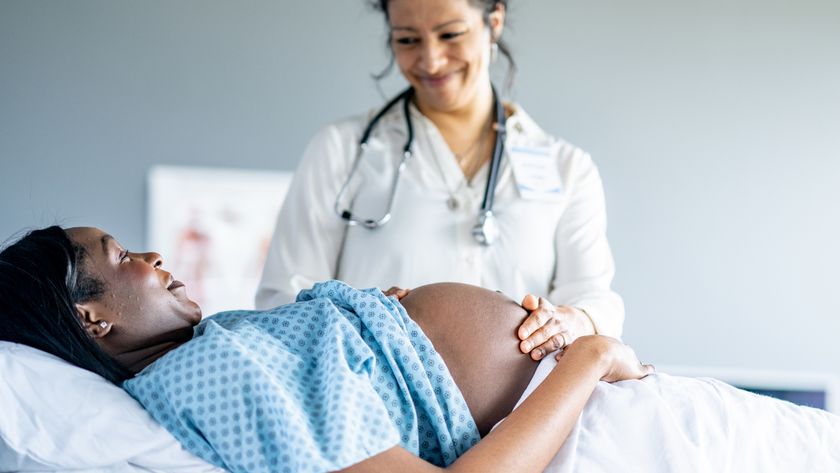
'Mini placentas' in a dish reveal key gene for pregnancy
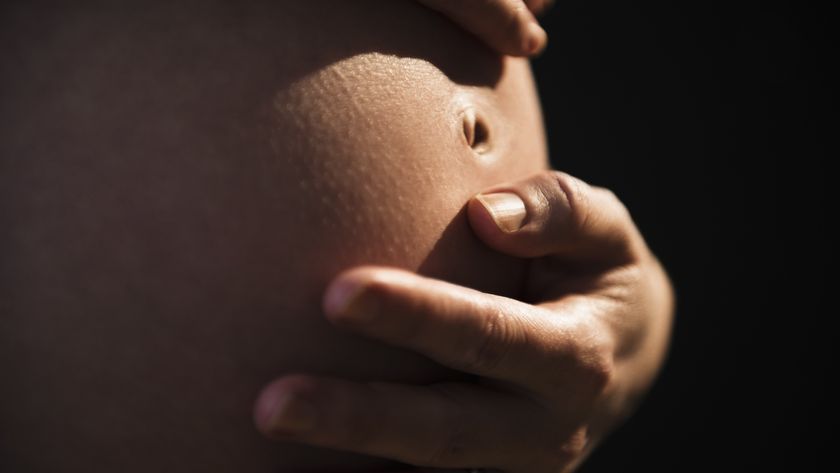
Diagnostic dilemma: Teen's improbable pregnancy occurred after oral sex
